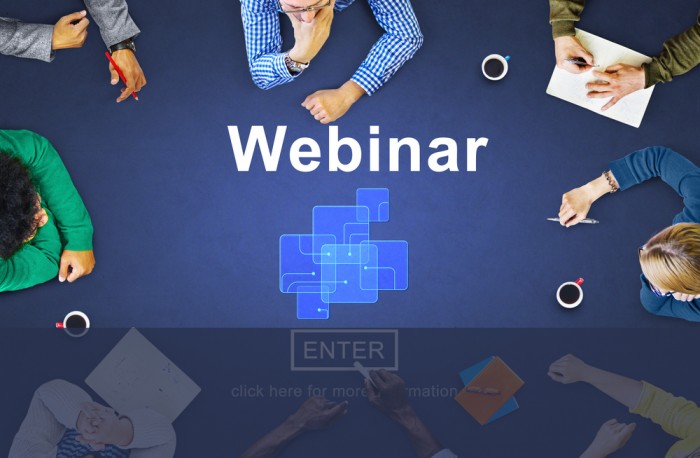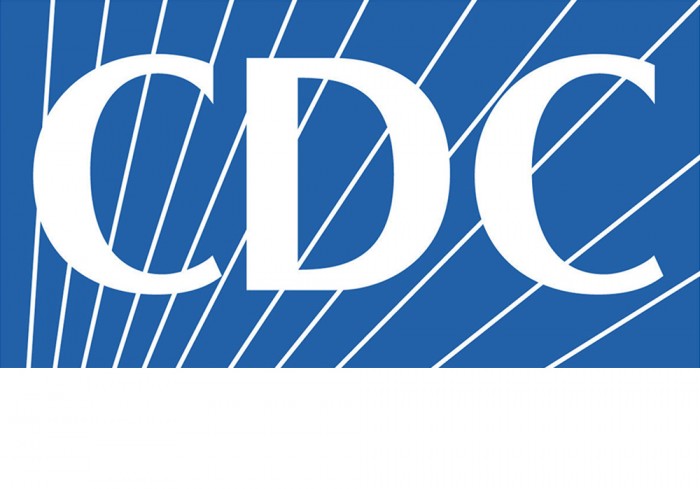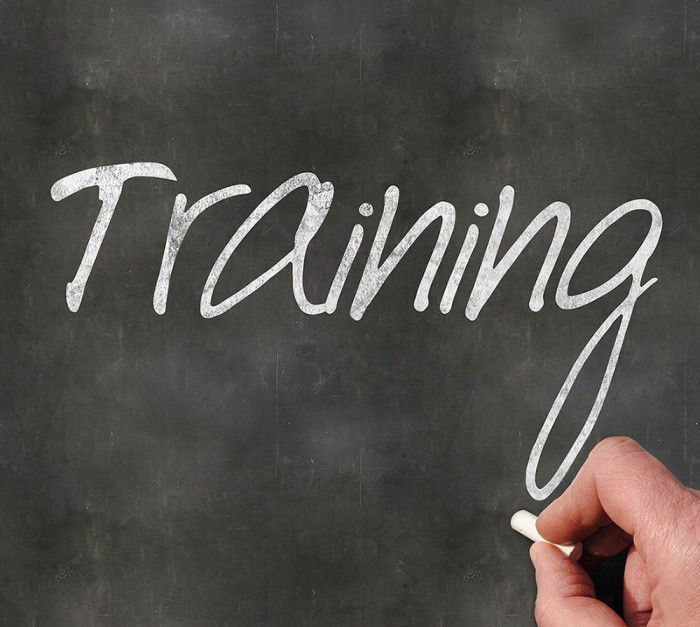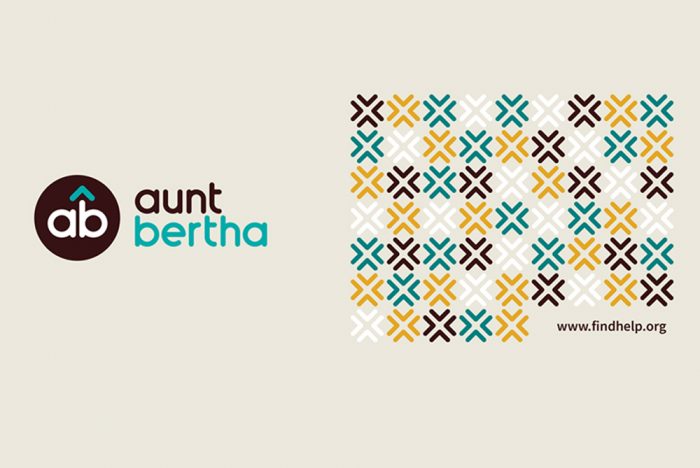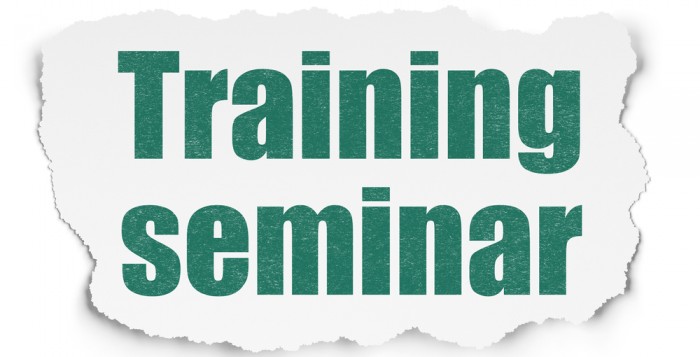The Dennis Marion Impact Award recognizes local and state government employees whose initiatives, processes, and projects have led to significant improvements in Pennsylvania’s behavioral health service delivery system.
Background
The Dennis Marion Impact Award was established in 2017 in honor of Dennis Marion’s commitment to public service throughout his distinguished career, which spanned over three decades. Dennis served as Deputy Secretary for Pennsylvania’s Department of Human Services’ Office of Mental Health and Substance Abuse Services from 2013 to 2017. Prior to his state employment, Dennis served Cumberland County, Pennsylvania for 31 years in various positions, such as County Administrator, Director of the Drug and Alcohol Commission, and Director of the Office of Mental Health and Intellectual Disabilities.
Just like Dennis Marion, whose strong leadership, passion for public service, and commitment to the people he served did not stop at the boundaries of his work in any single county or agency, the Dennis Marion Impact Award recognizes strong performers who bridge disparate missions and drive towards a single goal of excellence in public service.
Purpose
The purpose of the Dennis Marion Impact Award is to recognize outstanding and meritorious achievement in working for state or local government, encourage the highest standards of performance in Pennsylvania’s public sector, attract outstanding individuals to a career in public service, and highlight public awareness of the value of public service and its impact on the behavioral health and quality of life of individuals and communities.
Eligibility Criteria
Any current state and/or local government employee in Pennsylvania that has made an outstanding contribution in the area of behavioral health (mental health and/or substance use disorders) in Pennsylvania is eligible for nomination for the Dennis Marion Impact Award. Individuals that have built effective, collaborative partnerships across different organizations, agencies, and/or other stakeholders to define and solve problems, or reach agreements on a course of action, will be given priority consideration for this award. Nominees’ contributions may be on a sustained basis or through a single, exceptional accomplishment. Nominations will be judged on three measurements: innovation, implementation, and outcomes.
Instructions
The nomination form is available here. The nomination period is open from March 5, 2021 to April 5, 2021. Completed nominations must be submitted electronically to Dwaneen Hicks by 5:00 pm EST on April 5, 2021. Nominations will not be accepted before or after the nomination period. Note, individuals may not self-nominate. The award will be announced during Pennsylvania’s May 2021 Mental Health Awareness Month events. Questions regarding this award may be directed to Dwaneen Hicks.
Sponsoring Organizations
Pennsylvania Department of Human Services – Office of Mental Health and Substance Abuse Services
Mental Health Association in Pennsylvania
Pennsylvania Association of County MH/DS Administrators
Rehabilitation and Community Providers Association
Pennsylvania Association of County Drug and Alcohol Administrators
Pennsylvania Mental Health Consumers’ Association









